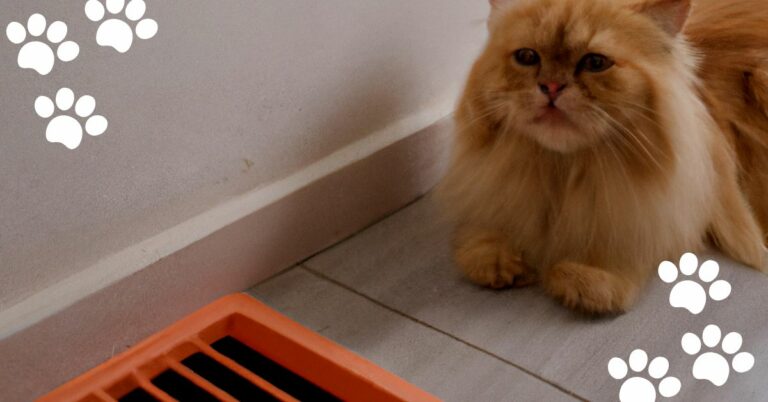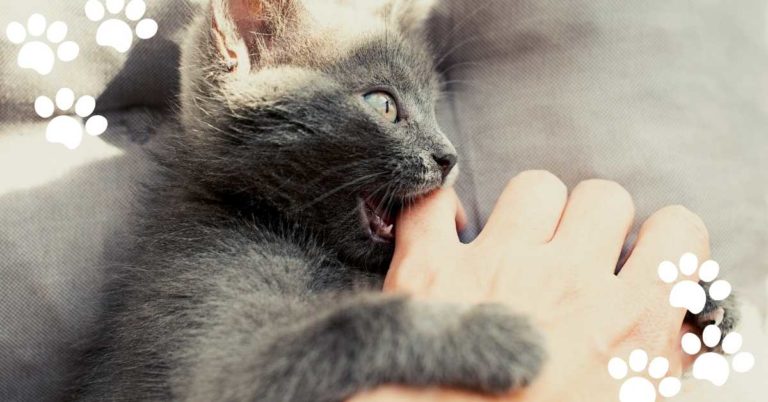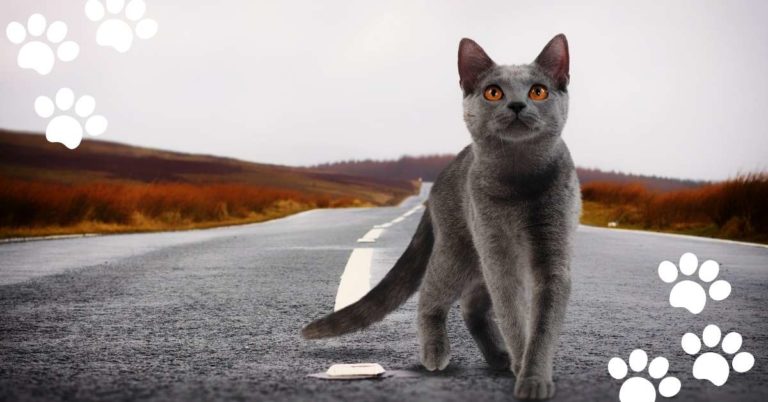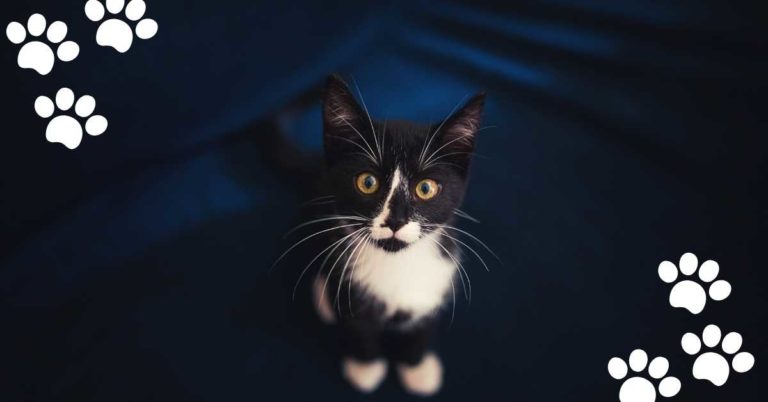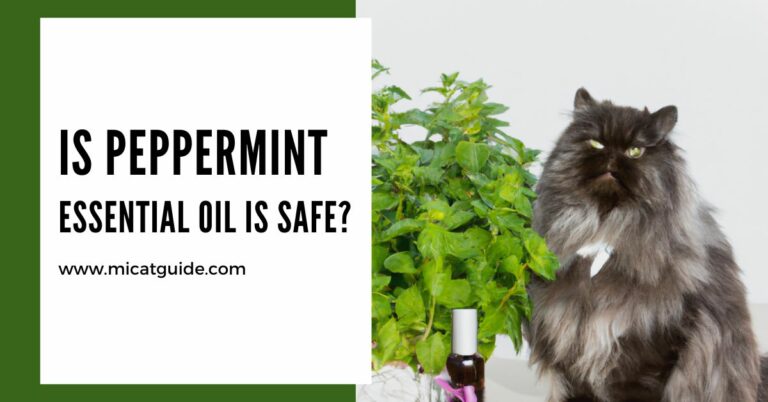Cats and Activia Yogurt: A Feline Nutrition Exploration
Understanding what your cat can safely ingest is a pivotal part of feline care. With the internet awash with ideas on cat nutrition, we zero in on a specific query cat owners often face – can our feline friends enjoy a dollop of Activia yogurt with us?
In this comprehensive exploration, we dissect the pros and cons of offering yogurt to cats and how it factors into their overall nutritional needs.
Understanding Feline Nutrition
Cats are obligate carnivores, a designation underscoring the necessity of meat in their diets. This means they require specific nutrients – notably taurine and optimally-formulated vitamins and minerals – which are typically found in animal proteins. These are non-negotiable components in maintaining a healthy cat with a well-functioning metabolism and organ systems.
Biologically, felines have a taste for proteins, fats, and a minimal craving for carbohydrates. In the wild, their diet comprises the complete animal – muscles, organs, and bones, all contributing to a diverse nutrient profile. Translating this to domestic pets calls for a diet plan mirroring their natural inclinations.
Can Cats Eat Activia Yogurt?

To ascertain the compatibility of Activia yogurt with feline diets, we examine its ingredients and the nutritional implications for cats.
Analysis of Activia Yogurt Ingredients
Activia yogurt contains live bacterial cultures and is often lauded for its probiotic content. Probiotics can be beneficial for gut health, aiding in digestion and immunity. However, the high lactose content in dairy products is where the harmony with felines wanes. Most adult cats are lactose intolerant, lacking the necessary enzymes to properly digest dairy, potentially leading to digestive upset.
Potential Benefits and Risks for Cats
Probiotics may help manage conditions like irritable bowel syndrome (IBS) and prevent the overgrowth of harmful bacteria in the gut. However, the risks associated with lactose could overshadow potential benefits.
Yogurt as a Treat vs. Regular Part of the Diet
In moderation, plain, unsweetened, and unflavored yogurt could serve as a rare treat for cats, offered separately from their main meal. The occasional teaspoon may not pose grave risks and could provide health benefits in very specific cases, such as after a cat has undergone a regimen of antibiotics that may have disrupted its gut flora.
Alternative Nutritional Options for Cats
Underlining the importance of an appropriate diet, we outline safe human foods that can be occasionally offered to felines and explore cat-specific foods designed to enhance nutritional intake while being well-tolerated.
Safe Human Foods for Cats
Eggs, plain cooked chicken, and certain vegetables can complement a feline’s diet. In every case, these should be served in moderation and only after consultation with a veterinarian.
Proper Diet for Feline Digestive Health
Cat food companies are increasingly offering options that are tailored to a cat’s need for specific nutrients, often addressing digestive issues with formulas rich in easily digestible proteins and fiber sources that do not upset a cat’s natural balance.
Addressing Common Concerns
Cat owners often express worries about allergies and intolerances, prompting this section to address issues of yogurt consumption by cats and possible indications to monitor for intolerances.
Allergies and Intolerances in Cats
While allergies to yogurt specifically are rare, intolerances to the lactose contained within are more common. Symptoms of lactose intolerance in cats can include diarrhea, vomiting, or flatulence.
Veterinary Recommendations on Yogurt Consumption for Cats
In light of potential risks and limited benefits, it is advised not to make yogurt a staple of a cat’s diet unless directed by a veterinarian. Yogurt certainly should not interfere with a cat’s consumption of nutritionally balanced cat food.
Conclusion
We wrap up our exploration with a clear directive – while the occasional lick of yogurt may not harm every cat, it is not an essential part of their diet. The emphasis remains on providing cats with nutrition specifically formulated for their needs and ensuring any deviations from their regular diet are discussed with a veterinarian.
Ultimately, the health of your cat is of paramount importance, and when considering any alterations to their diet, the consultation of a professional is invaluable. The internet is a treasure trove of information, but when it comes to feline nutrition, the wisdom and guidance of an animal health specialist are irreplaceable.

